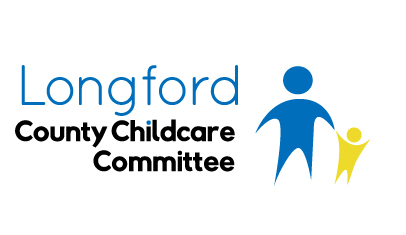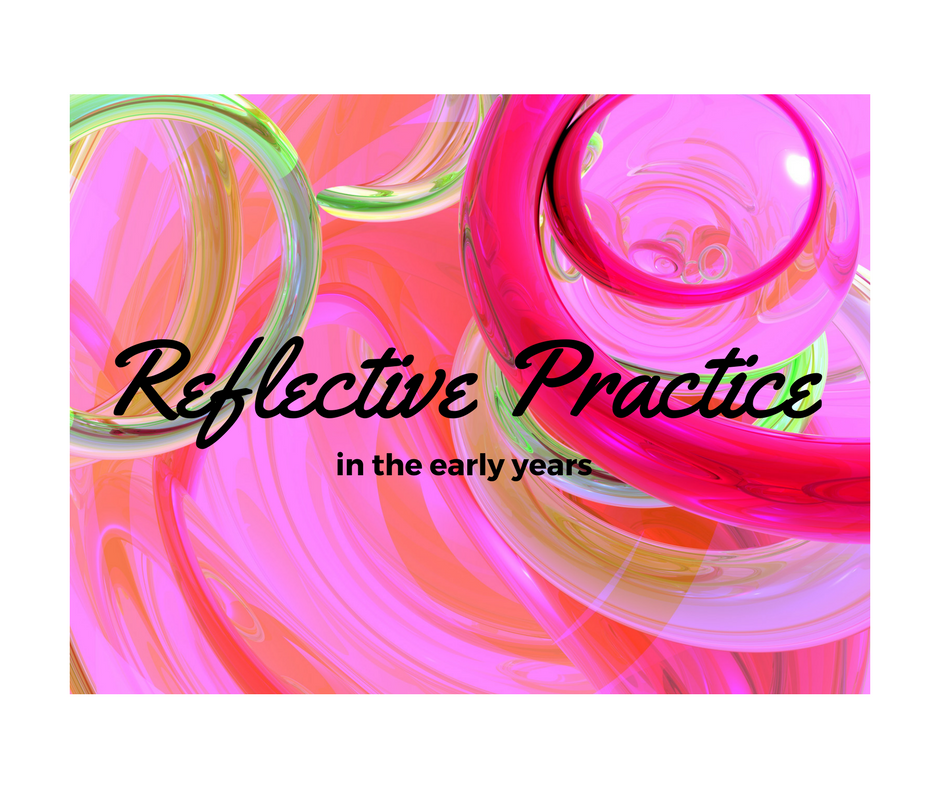Reflective Practice in the Early Years
Reflective practice is “a dialogue of thinking and doing through which I become more skillful.”
Donald A. Schön, The Reflective Practitioner: How Professionals Think in Action (New York: Basic Books Inc., 1983) at 31.
An Irish Perspective on Reflective Practice
According to Aistear (2009) “Reflective practice involves adults thinking about their work with children and planning and implementing the curriculum to best support the children’s interests and strengths. Observing, listening and discussing with colleagues are key components of reflective practice.” Aistear’s principle on relevant and meaningful experiences, refers to the adult’s ability to reflect on practice. On-going assessment of what children do, say and make, and reflection on these experiences helps practitioners to plan more developmentally appropriate and meaningful learning experiences for children. This also enables them to improve their practice (Aistear, 2009, p.11).
According to Síolta (2006) “Reflective practice requires that the individual practitioner engages in thought processes that make her/him aware, in a critical way, of her/his everyday activities with a view to continuously improving and refining practice”.
International Research
It is no coincidence that our two national frameworks place an emphasis on reflective practice. A study of early childhood care and education across 20 countries found that improvements in children’s long-term outcomes are achievable for all children when early learning experiences are high quality (OECD, 2006). Reflective practice and critically reflective practice is a key feature of high quality early childhood education and care settings. Reflective practice allows early childhood professionals to develop a critical understanding of their own practice, and continually develop the necessary skills, knowledge and approaches to achieve the best outcomes for children.
International research has found that the most effective early childhood professionals reflect on and adopt flexible images of children and childhood and reconsider the roles they play in children’s lives. Moreover, when professionals critically reflect on their practice, they are able to create real opportunities for children to express their own thoughts and feelings and actively influence what happens in their lives.
Effects on Children
Children whose views are respected are more encouraged to take responsibility for their actions than those whose views are not. Evidence shows that the degree to which a person feels “in control” of their life affects other measures of their well-being and self esteem, even among babies.
Effects on Practitioners
Making space and time for professional development, reflection and dialogue enables practitioners to focus on curriculum development, on children’s learning and development and to bring about positive change in their setting. (Aistear Síolta Practice Guide, 2017)
Positive Impact
The positive impact that reflective practice has on outcomes for children is clearly documented in the research literature. The implications for practice informed by the research evidence and detailed in this Paper are:
- Reflection in action and reflection after the event achieves the best outcomes for children
- To provide high quality, effective services for children and families, there must be a commitment to ongoing learning, professional development and reflective practice in environments that are respectful and responsive to children, families and professionals
- Reflective practice provides a common goal for professionals working across agencies in early childhood
- Reflection and critical reflection are unifying practices for diverse groups of professionals
- Professional networks and learning communities support early childhood professionals to participate in professional development that encourages critical reflection
- Environments where reflective practice is valued need to be actively created
Aistear Síolta Practice Guide
The purpose of the Practice Guide is to support practitioners in using Aistear: the Early Childhood Curriculum Framework (2009) and Síolta, The National Quality Framework for Early Childhood Education (2006) together to develop the quality of their curriculum and in doing so, to better support children’s
learning and development.
The Aistear Síolta practice Guide encourages reflection across all seven pillars and reflection is mentioned no less than 80 times across the entire website. The guide provides many opportunities to reflect and has a plethora of resources to assist practitioners to do this on a daily basis. a sample of just one of these resources is available here.
Mentoring
Mentors can provide resources, skills and guidance to develop reflective practice. Mentoring forms a significant aspect of both the National Síolta Aistear Initiative which Longford County Childcare Committee has recently piloted and the Síolta QAP which we aim to offer in 2018. If any Longford based early years practitioners are interested in learning more about either of these initiatives, please contact us in the LCCC offices.

